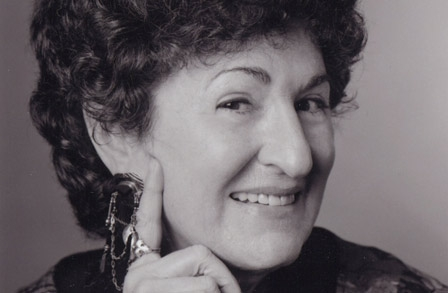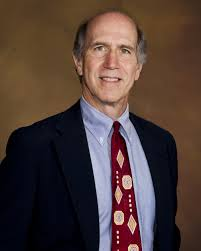In 1972, Bill Henderson founded Pushcart Press from a studio apartment in Yonkers, New York. Four decades later, the editors of Pushcart continue to solicit yearly input from small press editors on the most exciting of the work they publish. Pushcart’s editors use these nominations in the making of their annual compendium, The Pushcart Prize: Best of the Small Presses. This year, Poet Lore, the semi-annual poetry journal published by The Writer’s Center, selected works from our 2013 Spring/Summer and Fall/Winter editions. The poems selected are meant to showcase the caliber of the submissions we receive year-round. Peruse the list of poems Poet Lore chose and learn more about their authors. But first, enjoy the following excerpt from Alex McRae’s nominated poem.
Poems selected from our Spring/Summer 2013 issue:


Poems selected from our Fall/Winter 2013 issue:



To learn more about the Pushcart Prize, jump to http://www.pushcartprize.com/.
A big thanks to our publisher, The Writer's Center (www.writer.org).
[from] “Killarney Fern”
by Alex McRae
I drew you into the greenhouse
where a jade vine dripped, unscrolling
from the sloping roof. The weak sun passed
through clouded glass, seeped into a gulley
shawled with moss—and there we found
frothing in a damp corner, shade-loving,
a fern as delicate as curling parsley.... Poems selected from our Spring/Summer 2013 issue:
Robin Becker: "The Weight"
ROBIN BECKER, Liberal Arts Research Professor of English and Women’s Studies at Penn State, has published four collections of poems in the Pitt Poetry Series, most recently Domain of Perfect Affection. She serves as contributing and poetry editor for the Women’s Review of Books, where her column, “Field Notes,” appears regularly.
Chana Bloch: "Cleave"
CHANA BLOCH's most recent poetry collections are Mrs. Dumpty and Blood Honey. She is co-translator of the Song of Songs and books by Israeli poets Yehuda Amichai and Dahlia Ravikovitch. Bloch has new poems in Beloit Poetry Journal, Field, Prairie Schooner, Southern Poetry Review, and the Women's Review of Books. Poems selected from our Fall/Winter 2013 issue:
 |
| Photo credit: Jamaal May |
Tarfia Faizullah: "What I Want is Simple"
TARFIA FAIZULLAH is the author of Seam (SIU Press, 2014), winner of the Crab Orchard Series in Poetry First Book Award. Her poems appear in Ploughshares, Ninth Letter, New England Review, Washington Square, The Missouri Review, and elsewhere. She is the recipient of a Fulbright Fellowship and other honors.
Joseph Bathanti: "Huntersville Prison”
JOSEPH BATHANTI, current poet laureate of North Carolina, is the author of seven books of poetry and three books of fiction. His new book of poems, Concertina, will be published this fall by Mercer University Press. He teaches at Appalachian State University in Boone, North Carolina.
Alex McRae:"Killarney Fern"
ALEX McRAE is from London and now lives in Washington, DC. She won an Eric Gregory Award for the best British poets under 30 in 2009, awarded by the UK’s Society of Authors. Her poems have been published in Poetry Review, The Manhattan Review, Magma Poetry, and Gargoyle.
Rob Sulewski: “Late Lunch"
ROB SULEWSKI is a playwright whose recent poetry has appeared in the Bear River Review and Blue Unicorn. He has work forthcoming in Commonweal and Iconoclast, and he teaches writing at the University of Michigan.To learn more about the Pushcart Prize, jump to http://www.pushcartprize.com/.

